Google will on Oct. 23 impose restrictions on US News & World Report, The Washington Post, Grammarly, LitCharts, Google forms, Spotify and other websites that refuse to comply with Connecticut’s student data protection laws. This means, students who attempt to access these restricted websites using their school email accounts will not be accessible and teachers will need to find new venues to present content more safely.
In 2016, Connecticut passed Public Act 16-189 “An Act Concerning Student Data Privacy,” in order to protect students from companies using their data for profit.
“Right now, there is a student privacy data contract with the state that was brought into the law right before COVID,” Principal Stafford W. Thomas Jr. said. “There were breaches that were going on, students’ information was being taken.”
For example, if a student has ever been online shopping while logged into their school account in another tab, that company could give the information of what they were looking at to another company like Quizlet and profit from selling students’ data.
Thomas sent an email on Oct. 9 to all students and faculty alerting them of these new restrictions. According to Thomas’s email, if a student previously used their school account to log into a now unauthorized website, they will no longer have access to that site on or before October 23. Going forward, in order to access any unauthorized websites, students will need to change the settings within that program in order to login using a personal account.
He notes that sites will not be blocked completely; only the use of the “Sign In with Google” feature will no longer work. So, students can still access any site if they use a private email login.
Thomas admitted he is not in charge of implementing these restrictions, and the school is merely complying with state demands.
According to Connecticut student data privacy laws, when a website is not abiding by the state law, schools must terminate access to the site. For instance, when Zoom refused to comply with Connecticut law, the school switched to using Google Meet because that website does comply with Connecticut law.
Right now, there is a student privacy data contract with the state that was brought into the law right before COVID. There were breaches that were going on, students’ information was being taken.
— Principal Stafford W. Thomas Jr.
“As the various other laws have been passed or amended, Google has continued to make changes to their platform to remain compliant,” Director of Technology Natalie Carrignan said.
Katie Fitzgerald ’25 said she understands the situation and believes that the concerns about protecting student data are justified.
“Although I do think this makes it harder to do work in school, I understand it is for safety purposes,” Fitzgerald said. “I don’t mind switching to my personal account if that means it would have my and other’s information protected.”
However, given the fact that popular sites, like YouTube, have refused to comply and will soon face restrictions, some students, like Cooper Levinson ’24 find conducting research to be more inconvenient during the school day.
“I think oftentimes when I need to do research for projects that may be more not school appropriate, like genocide,” Levinson said, “it is harder to do it through my school account and I have to use third party sites which make it harder especially because those sites aren’t always legitimate.”
Levinson argues that if students are completing schoolwork they shouldn’t have to use private email to complete assignments.
Carrignan acknowledged the inconveniences that the restrictions will create.
“Unfortunately, not all vendors have taken the steps Google has and they have refused to comply with the law, therefore we have had to tell teachers that they are restricted from using those applications with students.”
Despite these restrictions, there are still legally allowable ways teachers can YouTube videos during lessons. Teachers can embed the videos through EdPuzzle or other third party players that are compliant.
However, some teachers feel underprepared to take on the new challenges they may face when these restrictions are put into effect. Social studies teacher Wole Ogunkoya said many teachers are unaware of the new Google restrictions and are unsure of how to provide their educational material in a new way.
“I think anything new in general that you want teachers to be able to do or implement they should obviously be trained to do it,” Ogunkoya said. “There should always be some type of professional development because teachers need to feel comfortable knowing what it is and how to handle it.”













































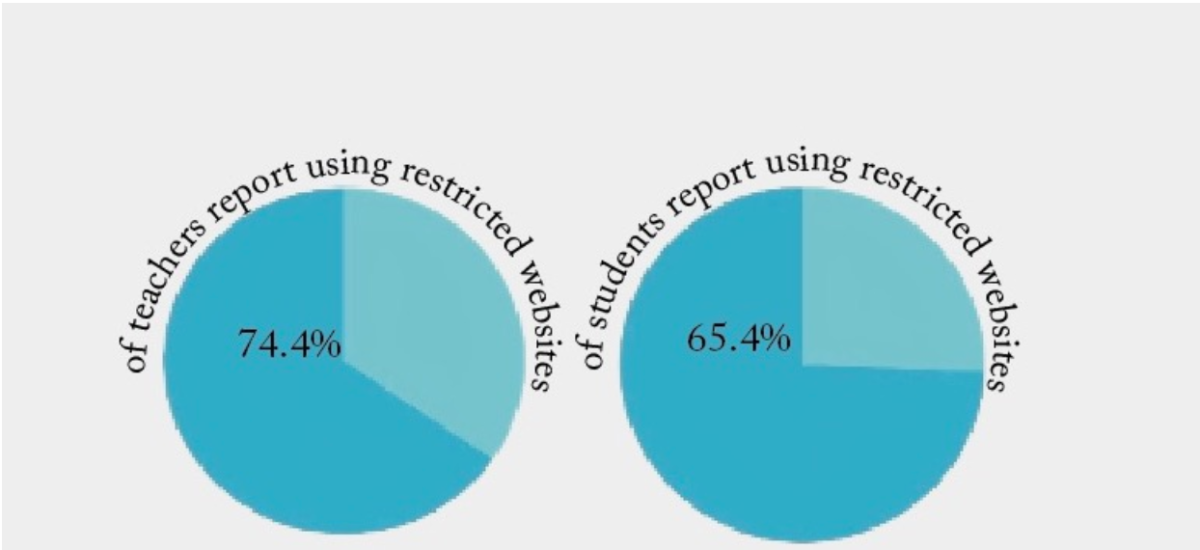

![“[The rise in carjackings] is not just a Westport problem,” Police Chief Foti Koskinas told Westport residents at a town hall on Sep. 20. Communities all across Fairfield County are seeing juveniles from other parts of Connecticut coming into wealthier areas to steal vehicles, with a larger proportion of these carjackings happening in daylight rather than at night.](https://www.inklingsnews.com/wp-content/uploads/2023/10/Screen-Shot-2023-10-16-at-10.57.19-AM-600x310.png)
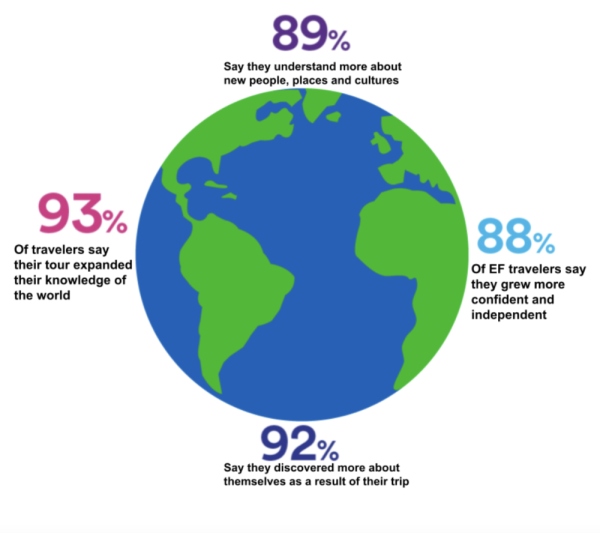
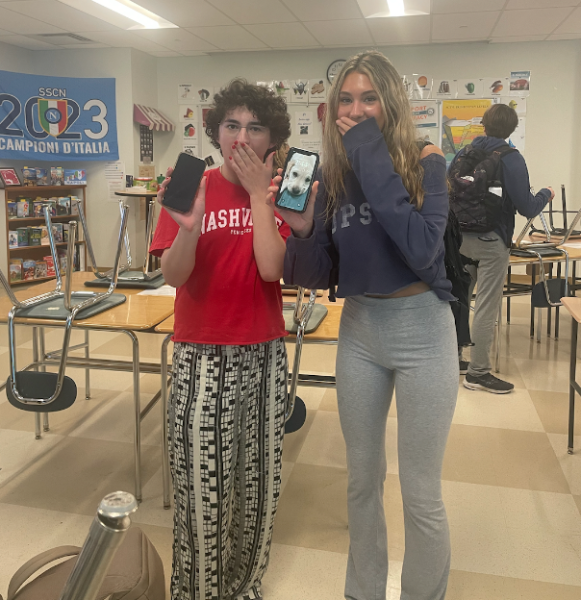


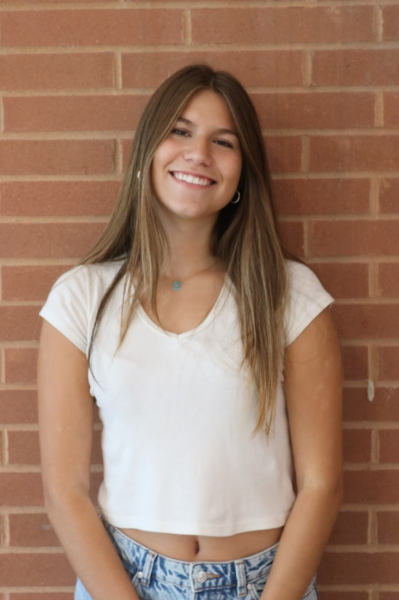
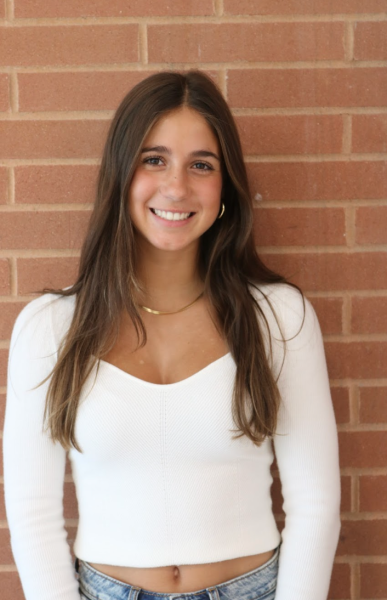
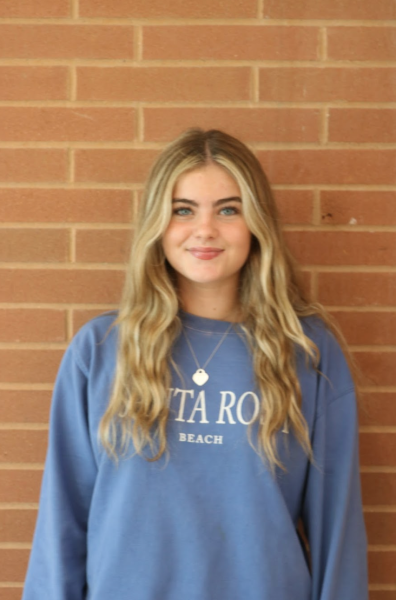

Daniel Gascon • Nov 7, 2023 at 2:33 pm
In terms of these data protection laws in CT, what effect do have have in school? Is this data protection law effective for its purpose? Are similar laws appearing in other places like Michigan where I am from? I just request to know the incentives of the law and what the people think of it since I believe that many sites blocked in your school are more beneficial than harmful to students.